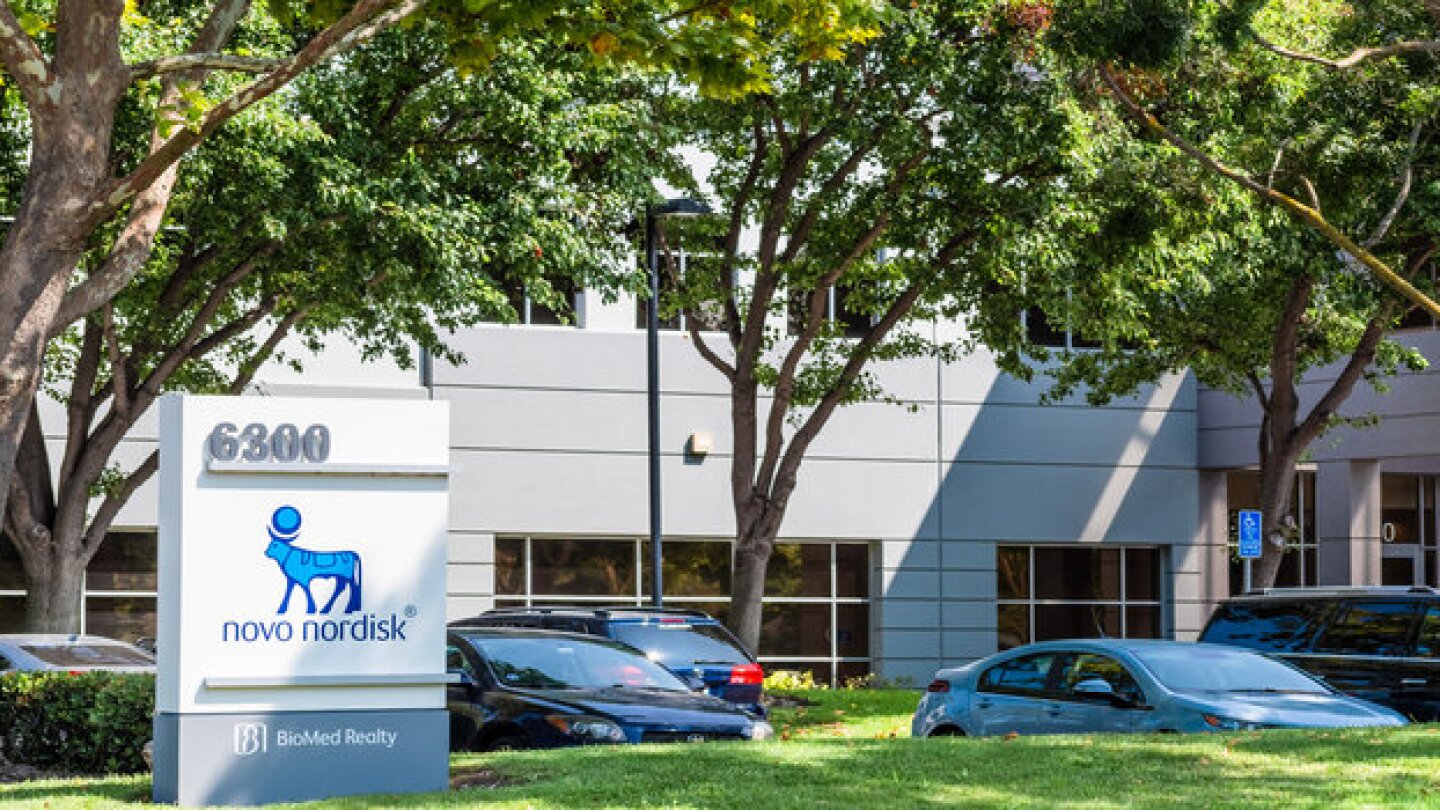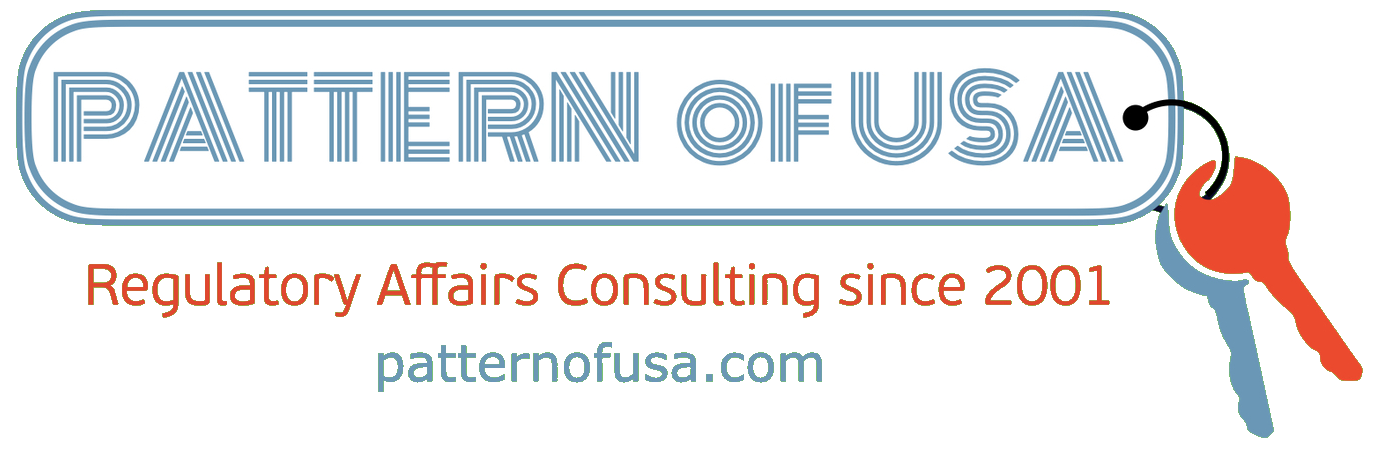Analysts Compare Novo’s Wegovy to Madrigal’s Rezdiffra in Phase III MASH Trial

After achieving a label expansion aimed at reducing cardiovascular events, Novo Nordisk announced on Friday that its semaglutide showcased significantly better outcomes over placebo in liver fibrosis among patients dealing with metabolic dysfunction–associated steatohepatitis.
Branded as Wegovy for weight loss, semaglutide successfully achieved primary endpoints during part 1 of the pivotal Phase III ESSENCE trial, revealing a “statistically significant and superior enhancement in liver fibrosis without any worsening of steatohepatitis and the resolution of steatohepatitis with no aggravation of liver fibrosis” when contrasted with placebo, as stated by the company in a press release.
After a span of 72 weeks, 37% of participants administered semaglutide 2.4 mg exhibited improvements in liver fibrosis without worsening steatohepatitis, compared to 22.5% in the placebo group. Moreover, 62.9% of patients receiving semaglutide attained resolution of steatohepatitis without exacerbating liver fibrosis, compared to 34.1% in the placebo segment. Novo reported that the safety profile aligned with previous trials of semaglutide.
The findings were derived from the initial 800 patients in a double-blind study involving 1,200 adults suffering from metabolic dysfunction–associated steatohepatitis (MASH) along with moderate to advanced liver fibrosis. Results from the second phase of the trial, which will encompass data over 240 weeks from all 1,200 participants, are anticipated in 2029, according to insights from Jefferies analysts.
Analysts remarked that the outcome was “broadly as expected,” while also noting that “the placebo effect appears relatively substantial in the MASH resolution endpoint, which has been a common trend in recent studies and larger programs.”
BMO Capital Markets analyst Evan David Seigerman highlighted in an investor note that the fibrosis benefit was “particularly noteworthy with that endpoint intensely discussed prior to the results.” He noted that the ESSENCE findings seemed comparable to Eli Lilly’s past SYNERGY-NASH outcomes.
Furthermore, William Blair analysts mentioned that the results positioned favorably alongside Madrigal’s recently approved MASH treatment, Rezdiffra. They noted that the extent of fibrosis improvement seemed akin to Madrigal’s findings, indicating a 12% placebo-adjusted improvement in fibrosis with no worsening of steatohepatitis at a 100 mg dose of Rezdiffra, contrasted with 14% for semaglutide in the ESSENCE trial.
Novo intends to share comprehensive ESSENCE results at a medical conference later this year, with William Blair analysts speculating that due to the substantial implications of these findings, the presentation may occur at the imminent American Association for the Study of Liver Disease conference, set for Nov. 15-19 in San Diego.
Martin Holst Lange, executive vice president and head of development at Novo, expressed satisfaction with the trial outcomes, stating, “Among individuals with overweight or obesity, one in three is affected by MASH. This condition significantly impacts their health and represents a considerable unmet medical need.”
Novo plans to submit for regulatory approval in both the U.S. and EU within the first half of 2025. Should semaglutide receive approval for MASH, it would follow the company’s March 2024 label expansion aimed at lowering the risk of cardiovascular mortality, heart attacks, and strokes among adults with cardiovascular disease who are obese or overweight.
Both Novo and competitor Eli Lilly are actively working to broaden the applications of their weight loss medications into new areas such as cardiovascular disease and MASH, as well as addressing conditions like sleep apnea and kidney disease.
“The outcomes today further reinforce an expanding body of secondary results data for GLP-1+ therapeutics,” Seigerman concluded in his investor note.
